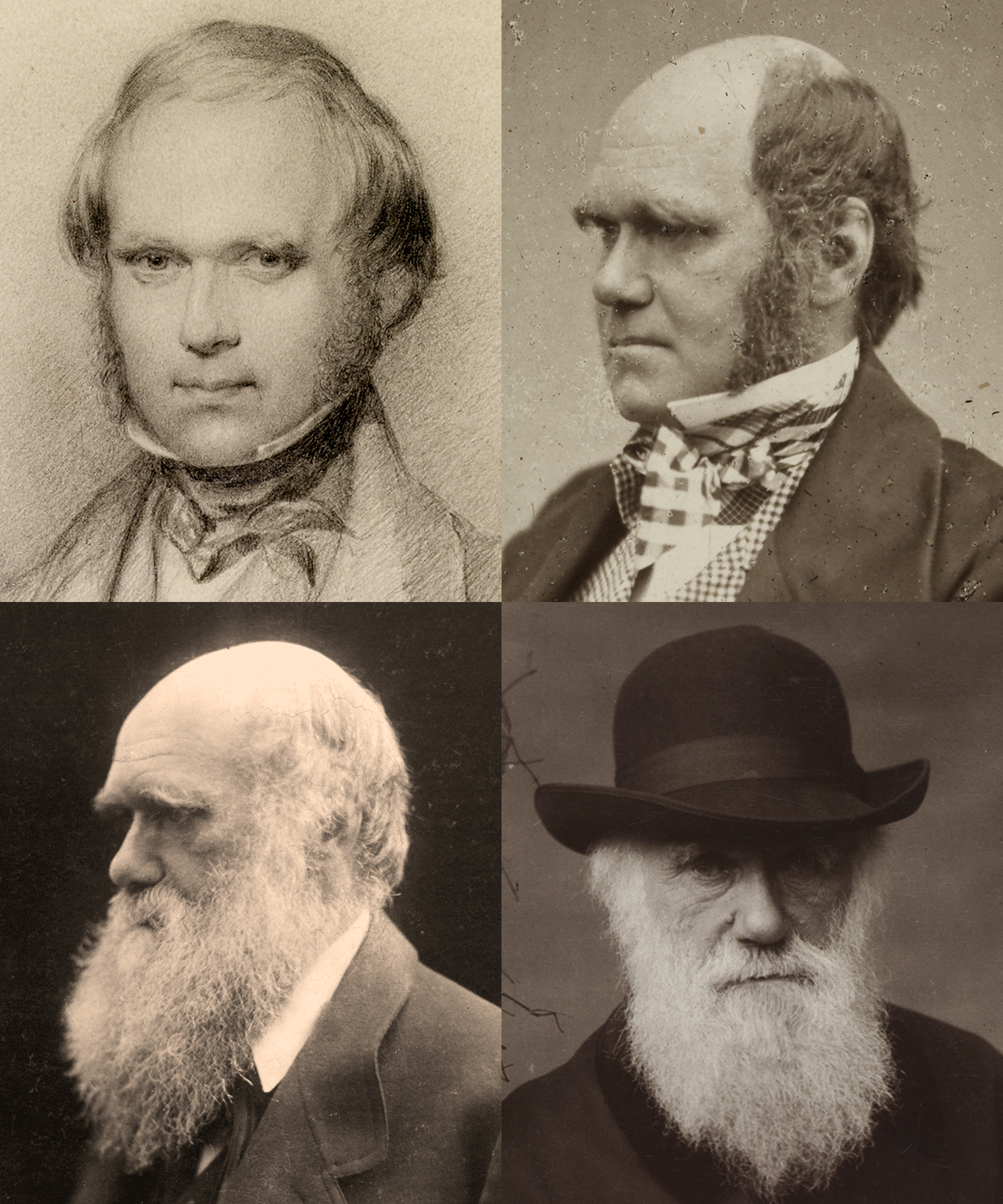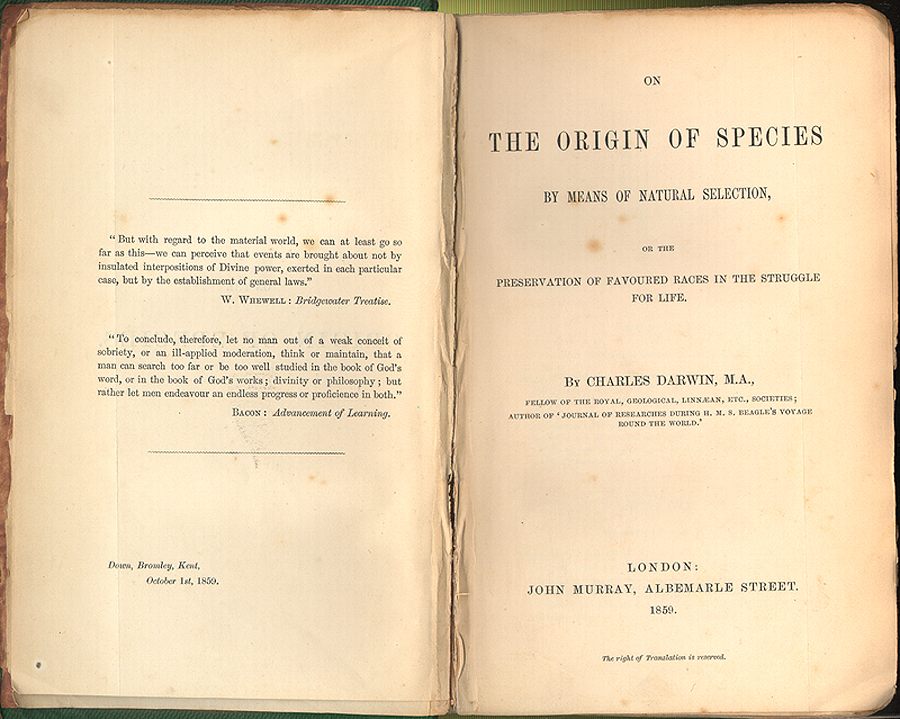 When you have kids you realize one thing. Well, you realize many things. But one of those many things stroke me as very particular: they are curious. Not just curious: super curious. Everything grabs their attention and they make questions: Why? Why? and Why?
When you have kids you realize one thing. Well, you realize many things. But one of those many things stroke me as very particular: they are curious. Not just curious: super curious. Everything grabs their attention and they make questions: Why? Why? and Why?For any other parent, nothing new under the Sun. But…
Also they have a very straightforward logic. If you tell them that there are cows in the sky, and then tell them to look up into the clouds: they will chuckle: "daddy, these are clouds, no cows" - “that's right, but do they look like... cows? maybe? "ah! yes, that's funny, yes!"
Something that many kids realized is that there are a lot of things, living things: plants, slugs, spiders, snails, cats, cows, butterflies, dogs, birds, chickens, whales (wow!), tigers and lions (do they look like cats?), and crabs, and fishes (look at this clown fish?), and what's that floating nearby and transparent? (a Jelly fish), and, and...
And some day they realize that there a LOT of living things: some jump, other fly, another swims, they are big and small, some look like something else, things that do not move still are living things: do not cut that tree! That’s interesting: they can figure out living things if they move, sting, run, walk, make noise, or in the case of plants, because they growth. What about lichens, and fungui, which are harder to identify as living organisms, but still: kids can figure out.


As a tip it helps a lot to go outdoors, walk and watch to help them make a clear picture. Underwater creatures could be little harder to identify, or figure out if they are a "plant" or an "animal" (hint: almost everything underwater is an animal, even when it looks like a terrestrial "plant"). For sea creatures a walk on the shore, tip toe over the rocks near the reef and looking between the rocks will be a first step into the underwater world. Snorkeling and diving (when the kids have the minimum age to do it) is a journey into a different and strange world. It is just a layer: above/under, and the differences so vast!
How many? a thousand? a million? hundred millions? That's the next question! It opens many fronts, one that an "ant" is not one "ant": there are an estimated number of 22000 different ants! And 12500 "ants" have been classified. That's a far cry from the "red" and "black" ants that you can point in a typical garden! Wow!
And some day they realize that there a LOT of living things: some jump, other fly, another swims, they are big and small, some look like something else, things that do not move still are living things: do not cut that tree!
Yes, that's an amazing world out there, and all happening in a small planet! Never ever kill the kids pleasure and ability for curiosity and getting surprised!
The answer is eight millions and seven hundred thousands! Yes, 8.7 million, or 8.700.000 different type of things: from now on we will call this groups species.
| Kingdom | Number of Species | % described |
|---|---|---|
| Animals | 7.77E+06 | 932,400 |
| Fungi | 6.10E+05 | 42,700 |
| Plants | 3.00E+05 | 210,000 |
| Protozoa | 4.00E+04 | 8,800 |
| Chromists | 3.00E+04 | 15,000 |
The most interesting thing in their straightforward logic is that they can differentiate between living things: stuff that behaves and has intentions; from inanimate things (I can throw a rock in the lake, but the rock is not willing to go to the bottom, it just sinks); to design things (a car do not want to run faster, is the driver accelerating the car) and from things that do not exist (they learn about Santa Claus, and then they realize Santa is just a nice story).
And someday they will ask you: "Why are so many living things?"
Nice question, good question indeed.
Like any other question, do not dodge it, do not dismiss it. All their questions are good, and many of them difficult ones. Do not make up an story, neither tell an untrue one. If you do not know, better admit it, and it is the great opportunity to discover together with them about what we know (and what yet we do not know)
References:
- Species count put at 8.7 million, news article in the BBC
- How Many Species Are There on Earth and in the Ocean?, a paper by Camilo Mora, Derek P. Tittensor, Sina Adl, Alastair G. B. Simpson, Boris Worm
- The Intentional Stance, by Daniel C. Dennet
- Intentional Systems Theory, by Daniel C. Dennet
- What is a species? by Carl Zimmer
- Pregunta Interesante de Mafalda, por Quino








































